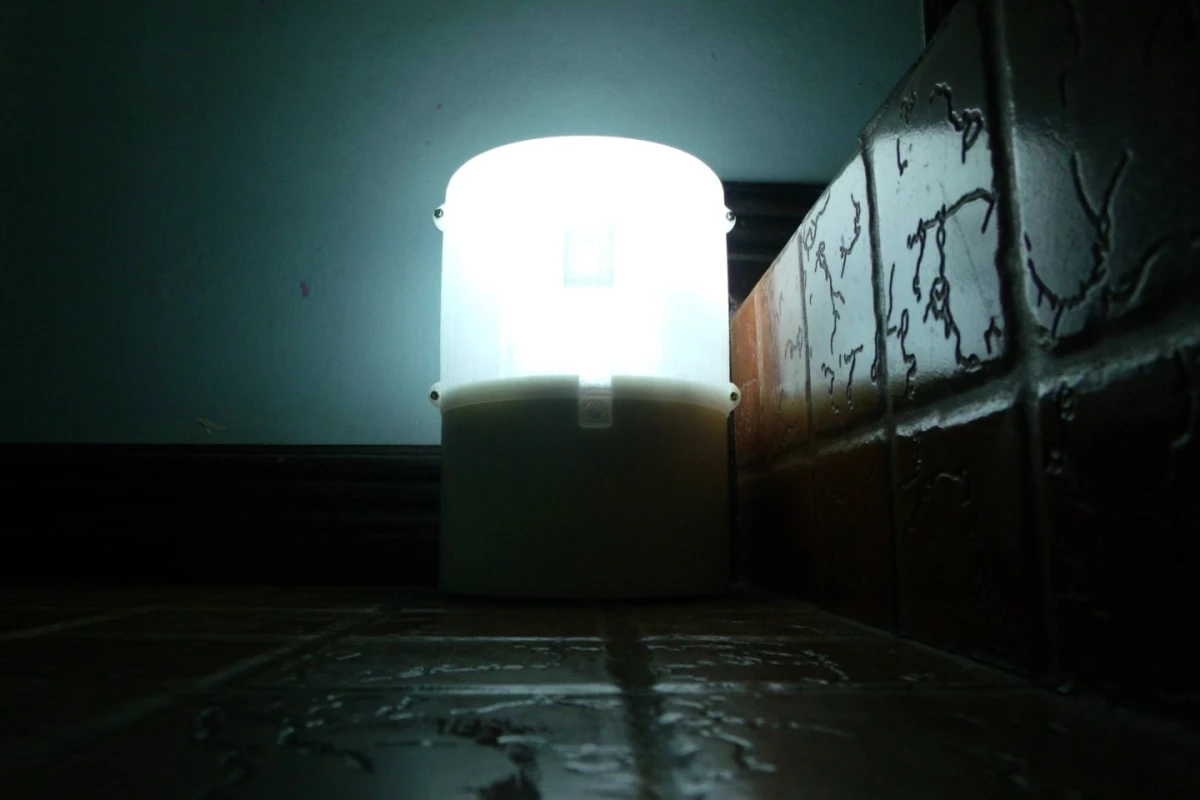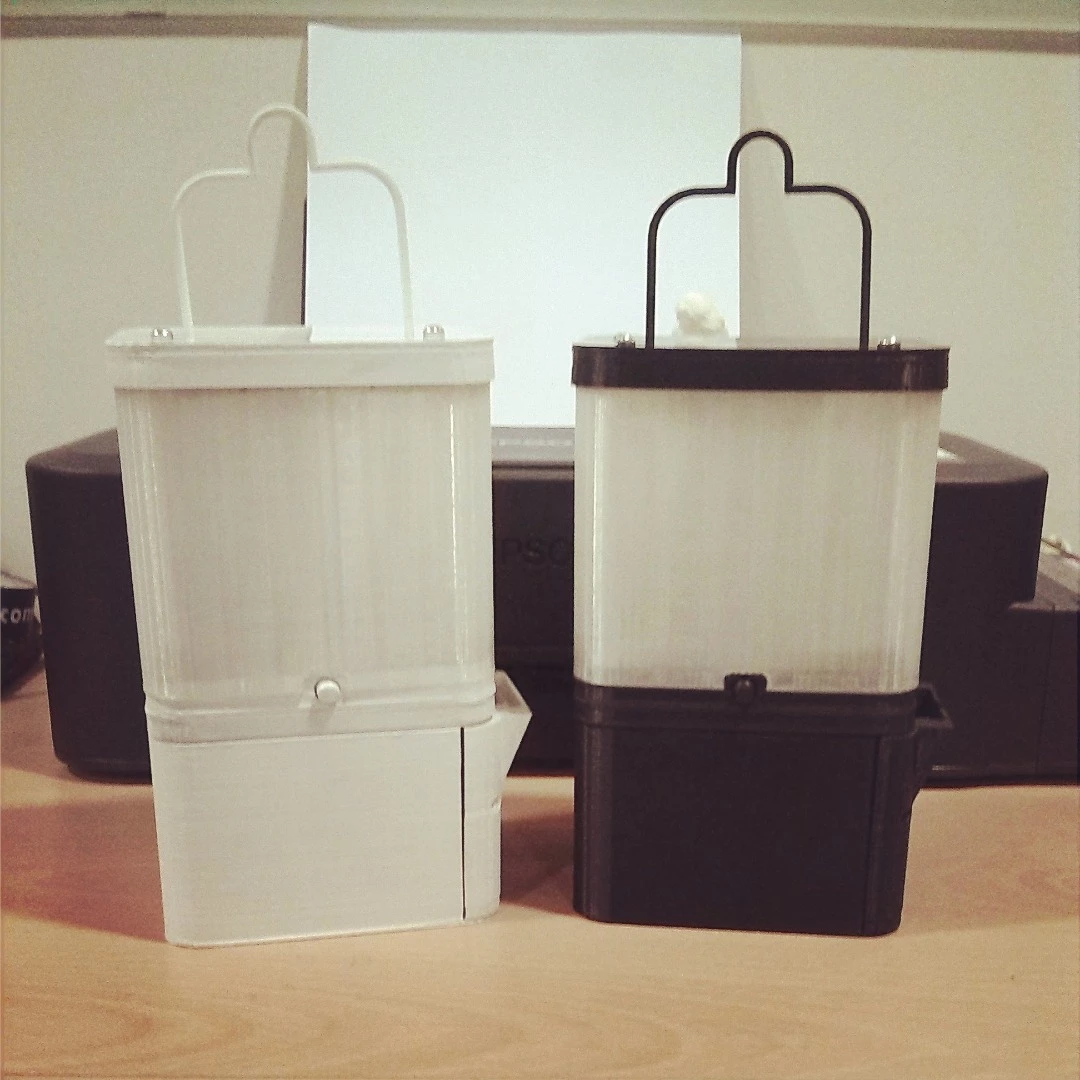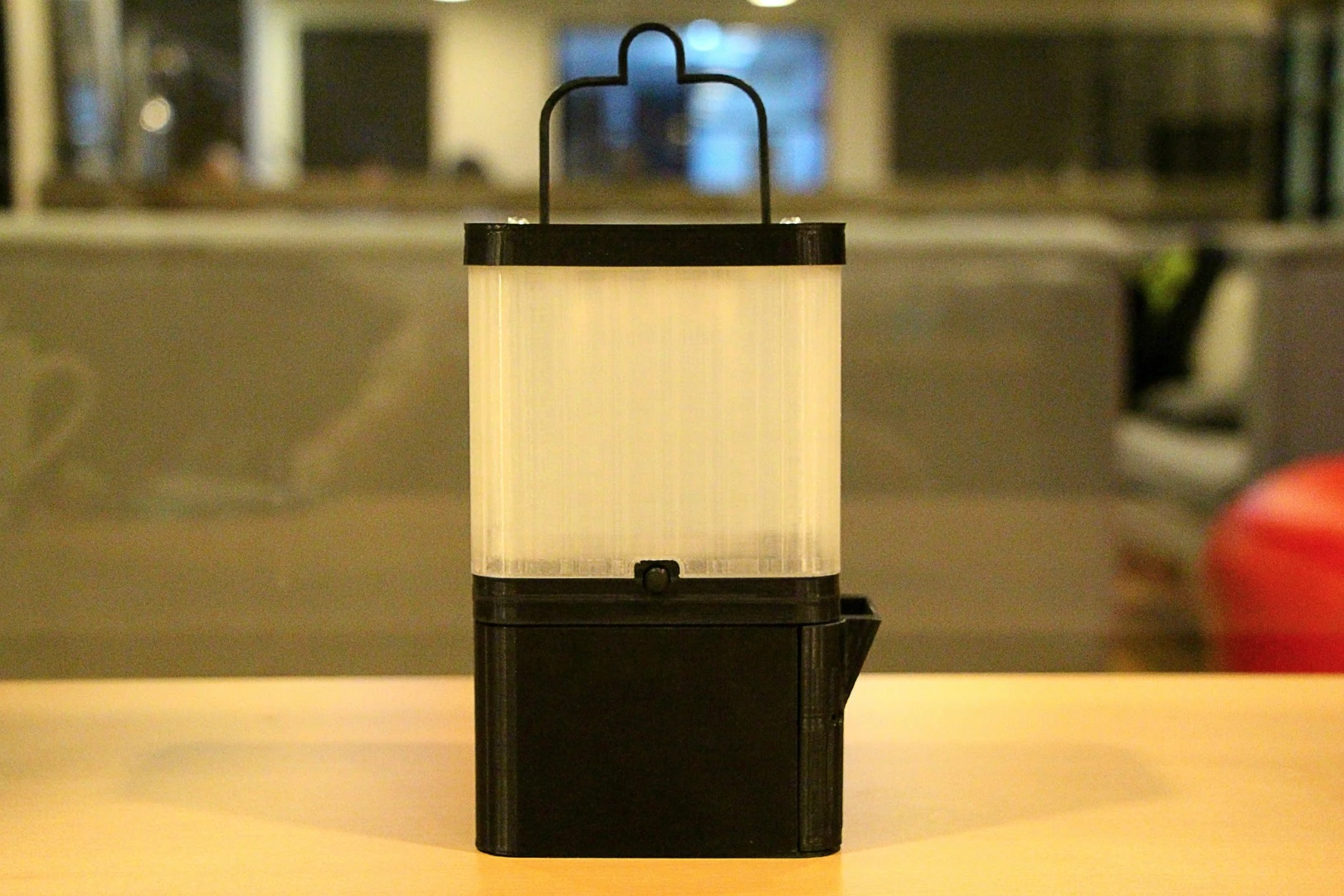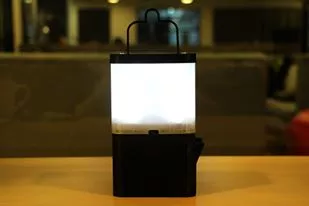Many of the more than 7,000 islands in the Philippines lack access to electricity, so after the sun goes down light usually comes by way of kerosene lamps. While cheap, these fire hazards are bad for the environment and human health. This, combined with the cost of keeping them burning has given one startup the impetus to build a better solution. The SALt (Sustainable Alternative Lighting) lamp burns for eight hours at a time running on only a glass of water and two teaspoons of salt.
Engineer and Greenpeace volunteer Aisa Mijeno came up with the idea for SALt after spending time with native Filipino tribes relying on kerosene lamps to perform everyday tasks after dark. She is looking to replace this hazardous light source with something the archipelago of the Philippines has in abundance: saltwater.
The SALt LED lamp relies on a galvanic cell battery, in which the electrolyte solution consists purely of salty water, into which two electrodes are placed. This is an approach we've seen used in battery designs for other LED lanterns, and is the basis of grander visions of a source of renewable energy.
Just like other batteries, the electrodes that carry the charge won't last forever. The team says that the lamp can be used for eight hours a day for around six months before the anode needs replacing, which is still a whole lot less attention than is required for regular refills of a paraffin lantern. And it also claims that the finished product will generate enough power to charge smartphones via the USB port on the side of the device.
To begin with, the company is aiming to deliver almost 600 lamps to native Filipino tribes, but it is also looking to ramp up production with plans to bring the lamp to market in early 2016. It is yet to detail pricing.
Source: SALt








